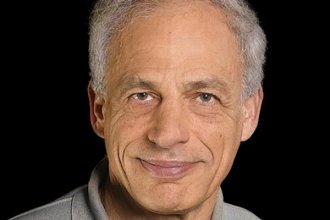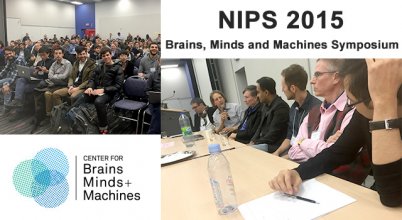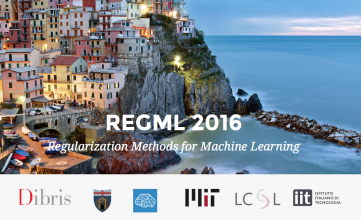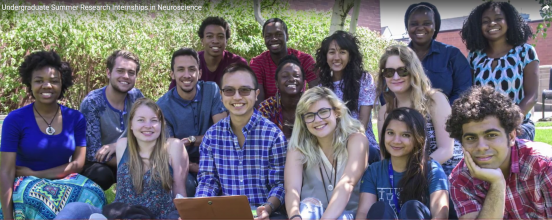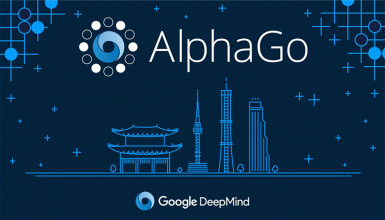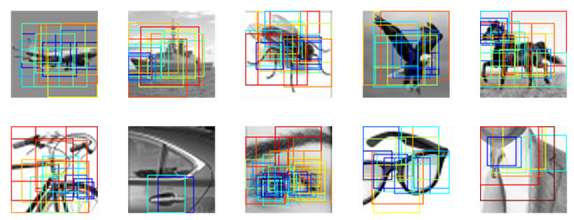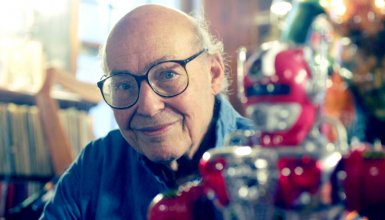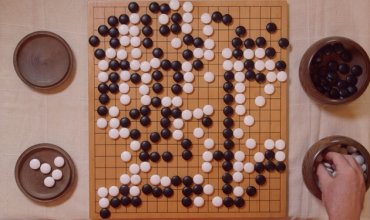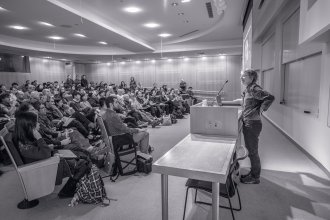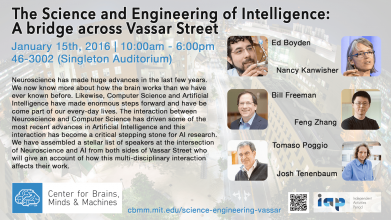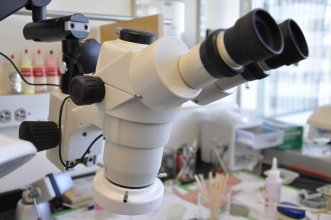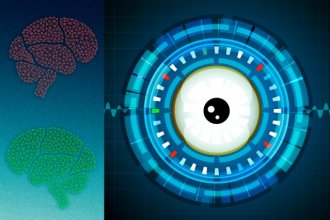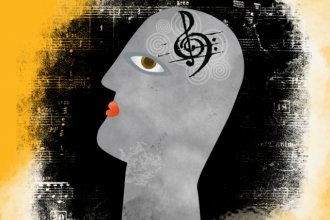Home Page Spotlights
The Academy elected 37 Foreign Honorary Members from 17 countries. Included among these Foreign Honorary Members is Prof. Shimon Ullman, Weizmann Institute of Science.
Written by Gabriel Kreiman - The charming city of Montreal hosted more than 4000 researchers from all over the globe during the Neural Information Processing Systems (NIPS) conference...
RegML is an advanced machine learning course, scheduled for June 27, 2016 - July 1, 2016, Genoa, Italy. Application deadline April 15, 2016
Prof. Poggio and Dr. Tan's recent PLOS ONE article.
Watch the new video of the CBMM Undergraduate Summer Research Internships in Neuroscience
Google's DeepMind group, and CBMM Industrial Partner, developed an artificial intelligence to master the traditional Chinese game "Go". In March, 2016, AlphaGo defeated South Korean Go master Lee Sedol in a best-out-of-five match.
Google and Korean Baduk (Chinese Go) Association (KBA) today held the “Google Deepmind Challenge Match Press Briefing” to announce the details on the upcoming Go games between Sedol Lee (9-dan) and AlphaGo, a computer AI by Google DeepMind.
Digital Baby Project's Aim: Computers That See Like Humans
"On Wednesday, DeepMind, a research organization that operates under the umbrella of Alphabet, reported that a program combining two separate algorithms had soundly defeated a high-ranking professional Go player in a series of five matches."
On Friday, Jan. 15th, 2016, the Center for Brains, Minds & Machines hosted a day of talks displaying the collaboration and interaction between Neuroscientists and Computer Scientists at MIT. The largest auditorium in building 46 was packed with interest.
We have assembled a stellar list of speakers at the intersection of Neuroscience and AI from both sides of Vassar Street who will give an account of how this multi-disciplinary interaction affects their work.
Prof. Matt Wilson will be teaching an ethics course during MIT IAP 2016, see details included below. CBMM grad students and postdocs, who have not yet completed a similar ethics course, are encouraged to register.
Machines that learn like people Algorithms could learn to recognize objects from a few examples, not millions; may better model human cognition.
“Our findings are hard to reconcile with the idea that music piggybacks entirely on neural machinery that is optimized for other functions, because the neural responses we see are highly specific to music,” says Nancy Kanwisher.

